21 Superfoods That Fight Inflammation Better Than Over-the-Counter Pills
Feeling the heat of chronic inflammation, the hidden fire linked to so many modern health woes? Before reaching for another pill, consider tapping into nature's original pharmacy – your kitchen! Ancient wisdom knew the power of food as medicine, and modern science confirms certain "superfoods" are incredible inflammation tamers. These aren't just trendy buzzwords; they're nutritional powerhouses brimming with antioxidants and specialized compounds that actively cool internal inflammation and promote vibrant whole-body health, often without the drawbacks of synthetic drugs. Ready to fortify your well-being deliciously? We've updated and expanded our list to spotlight 21 extraordinary superfoods proven to combat inflammation and boost your vitality from the cellular level up. Let's dive into nature's toolkit for reclaiming your health.
1. Turmeric - The Golden Spice
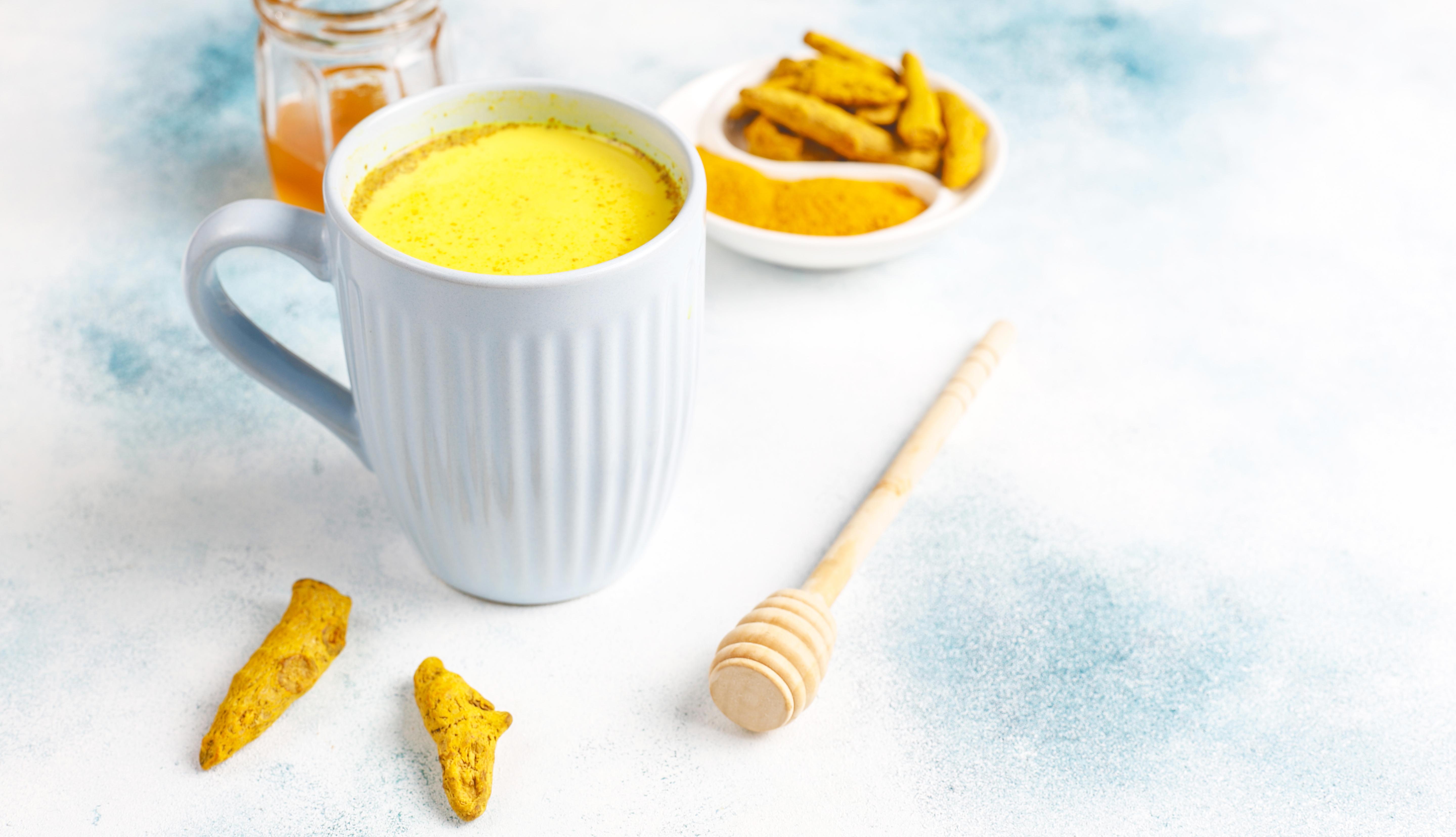
Turmeric, often hailed as the "golden spice," is renowned for its powerful anti-inflammatory and antioxidant properties. The active compound in turmeric, curcumin, has been extensively studied for its ability to modulate inflammatory pathways and provide relief from various inflammatory conditions. Curcumin inhibits the activity of inflammatory enzymes and cytokines, reducing inflammation at the molecular level. In traditional medicine systems like Ayurveda and Traditional Chinese Medicine, turmeric has been used for centuries to treat a wide range of ailments, from digestive issues to joint pain. Modern research supports these traditional uses, highlighting turmeric's potential in managing conditions such as arthritis, metabolic syndrome, and even depression. Its ability to cross the blood-brain barrier also suggests benefits in neurodegenerative diseases like Alzheimer's. Incorporating turmeric into the diet can be as simple as adding it to curries, smoothies, or teas. However, curcumin's bioavailability is relatively low, so pairing it with black pepper, which contains piperine, can enhance absorption significantly. As we continue our exploration of superfoods, turmeric stands out as a versatile and potent ally in the fight against inflammation, offering a natural alternative to conventional anti-inflammatory medications.
2. Ginger - A Zesty Healer
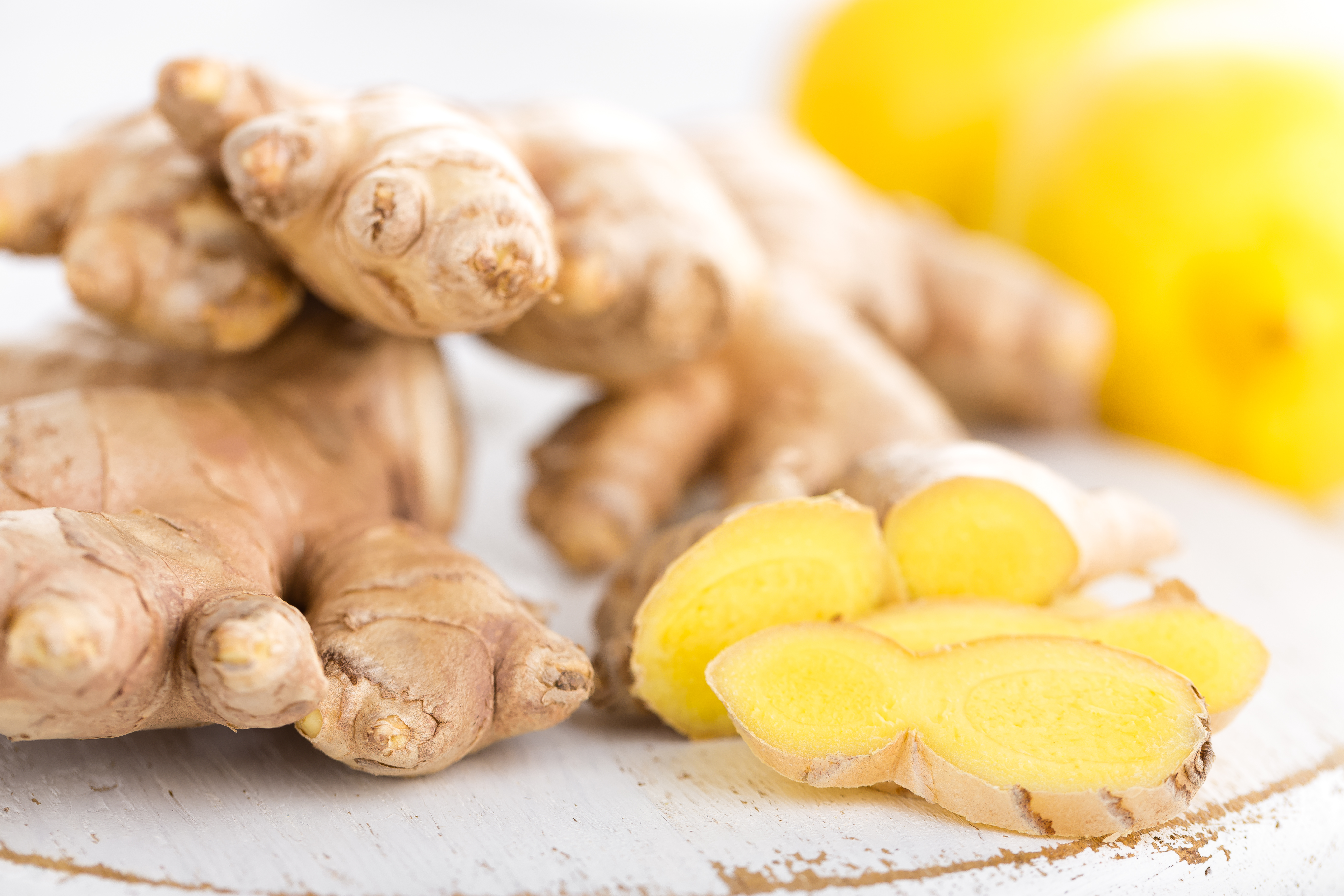
Ginger is another powerhouse in the realm of natural anti-inflammatories, known for its zesty flavor and myriad health benefits. The root contains bioactive compounds, such as gingerols and shogaols, which possess potent anti-inflammatory and antioxidant properties. These compounds inhibit the production of pro-inflammatory cytokines, making ginger an effective remedy for reducing inflammation and pain. Historically, ginger has been used in various cultures for its medicinal properties, particularly in treating digestive issues, nausea, and arthritis. Its ability to soothe the gastrointestinal tract and reduce muscle pain makes it a popular choice for athletes and those suffering from chronic pain conditions. Furthermore, ginger's anti-inflammatory effects extend to the respiratory system, providing relief from symptoms of asthma and allergies. Incorporating ginger into the diet can be done in numerous ways, from adding fresh ginger to teas and juices to using ground ginger in cooking and baking. The versatility of ginger makes it easy to include in daily meals, enhancing both flavor and health benefits. As we explore the world of superfoods, ginger exemplifies the power of natural remedies in promoting health and combating inflammation.
3. Berries - Nature's Antioxidant Powerhouse
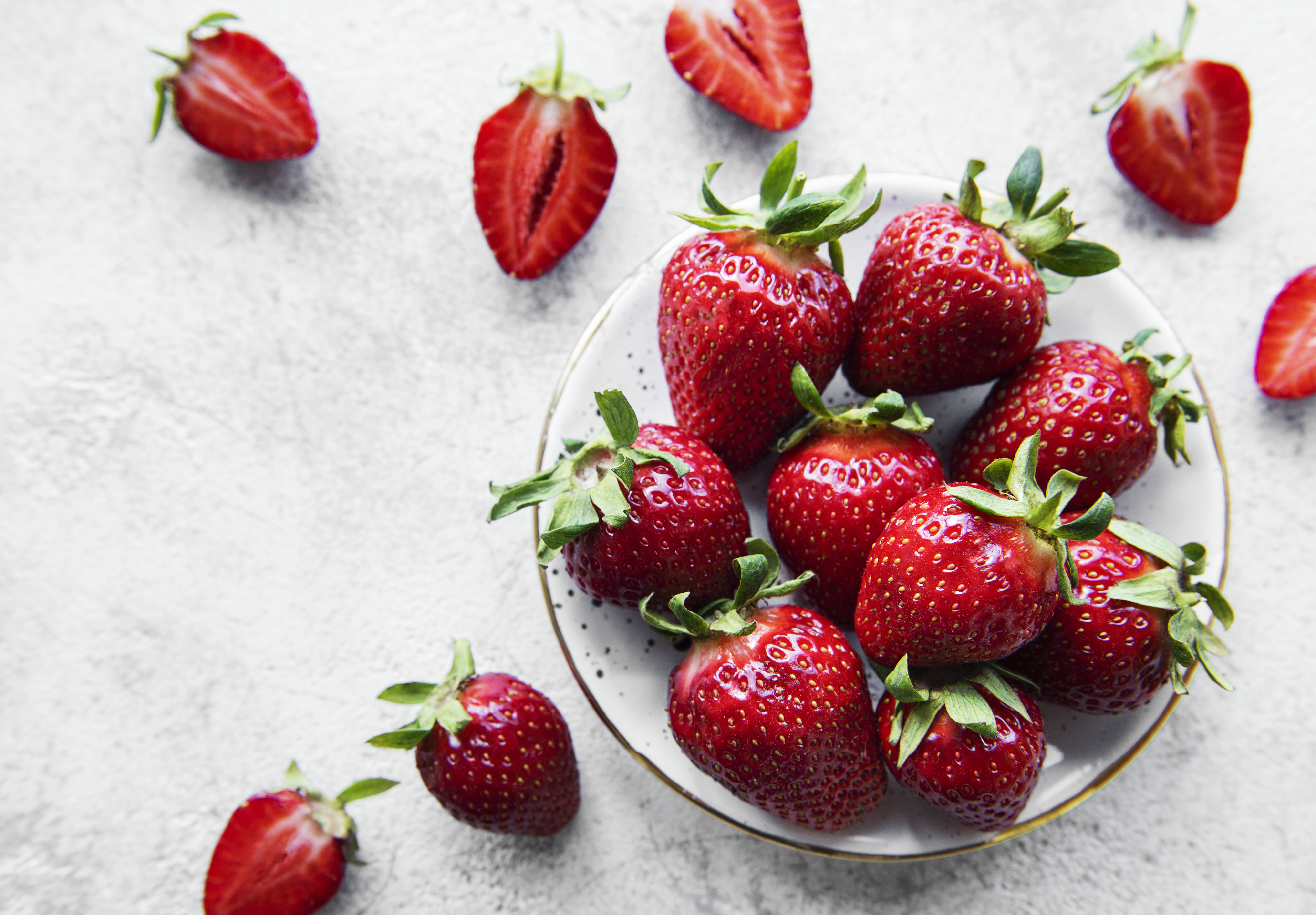
Berries, often referred to as nature's antioxidant powerhouse, are rich in vitamins, minerals, and phytochemicals that contribute to their impressive anti-inflammatory effects. Varieties such as blueberries, strawberries, raspberries, and blackberries are particularly high in anthocyanins, flavonoids that give berries their vibrant colors and potent health benefits. The anti-inflammatory properties of berries are primarily attributed to their high antioxidant content, which helps to neutralize free radicals and reduce oxidative stress. Studies have shown that regular consumption of berries can lower markers of inflammation, improve heart health, and enhance brain function. The polyphenols in berries also support gut health by promoting the growth of beneficial bacteria, further contributing to their anti-inflammatory effects. Incorporating berries into the diet is both simple and delicious. They can be enjoyed fresh, frozen, or dried, and added to smoothies, oatmeal, yogurt, or salads. The versatility and accessibility of berries make them an ideal addition to any anti-inflammatory diet, providing a sweet and nutritious way to support overall health and well-being.
4. Leafy Greens - Nutrient-Dense Allies
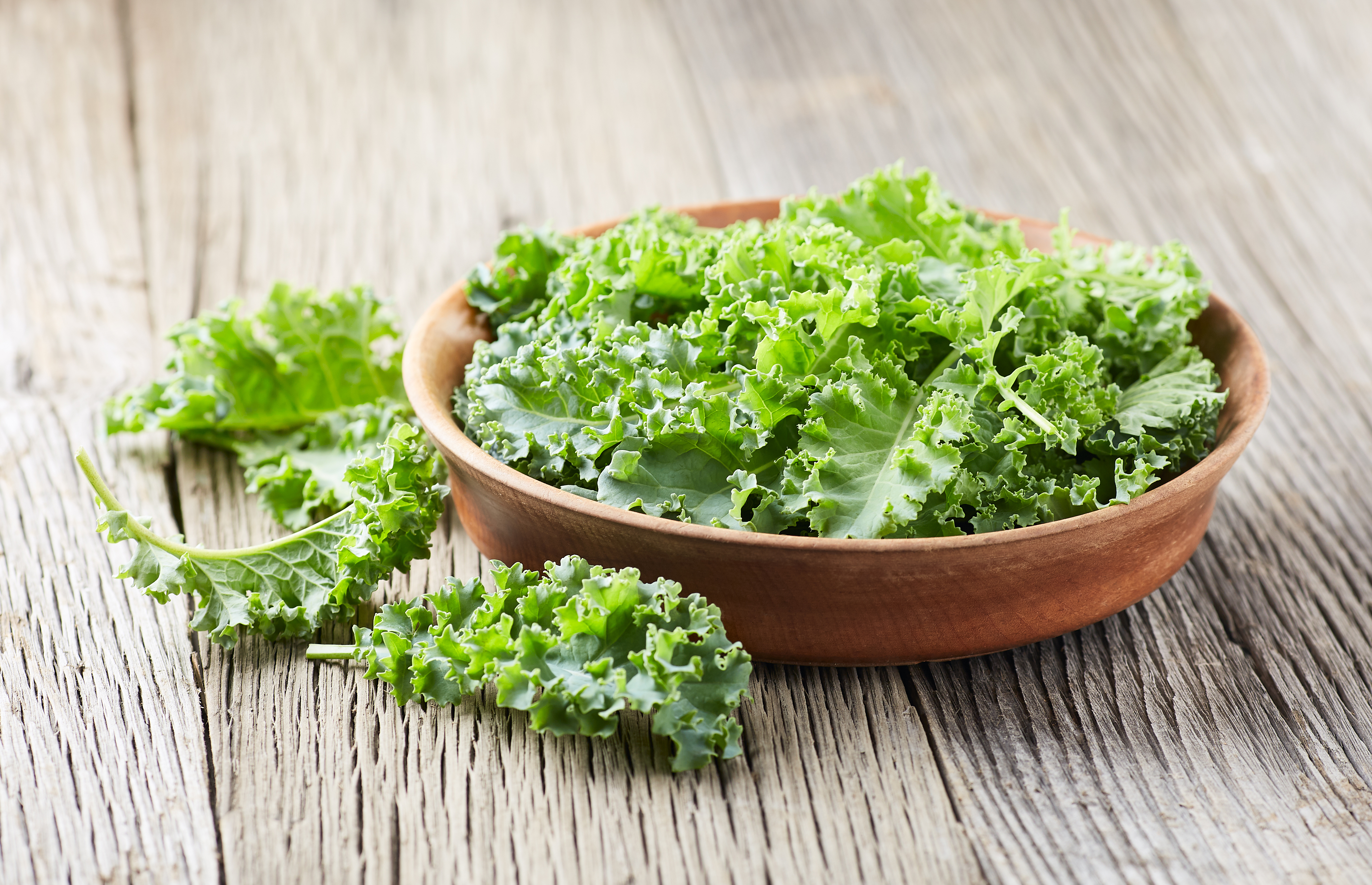
Leafy greens, such as spinach, kale, and Swiss chard, are nutrient-dense allies in the fight against inflammation. These vegetables are packed with vitamins, minerals, and antioxidants that support the body's natural defenses and promote overall health. The high content of vitamins A, C, and K, along with folate and iron, contribute to their anti-inflammatory properties. The carotenoids and flavonoids found in leafy greens have been shown to reduce inflammation by inhibiting the production of pro-inflammatory cytokines. Additionally, the fiber content in these greens supports gut health, which is closely linked to immune function and inflammation control. A healthy gut microbiome is essential for maintaining a balanced immune response and preventing chronic inflammation. Incorporating leafy greens into the diet can be done in a variety of ways, from adding them to salads and smoothies to sautéing them as a side dish. Their versatility and nutritional profile make them a staple in any anti-inflammatory diet, providing essential nutrients and supporting long-term health. As we continue our exploration of superfoods, leafy greens stand out as a vital component of a balanced and health-promoting diet.
5. Nuts and Seeds - Small But Mighty
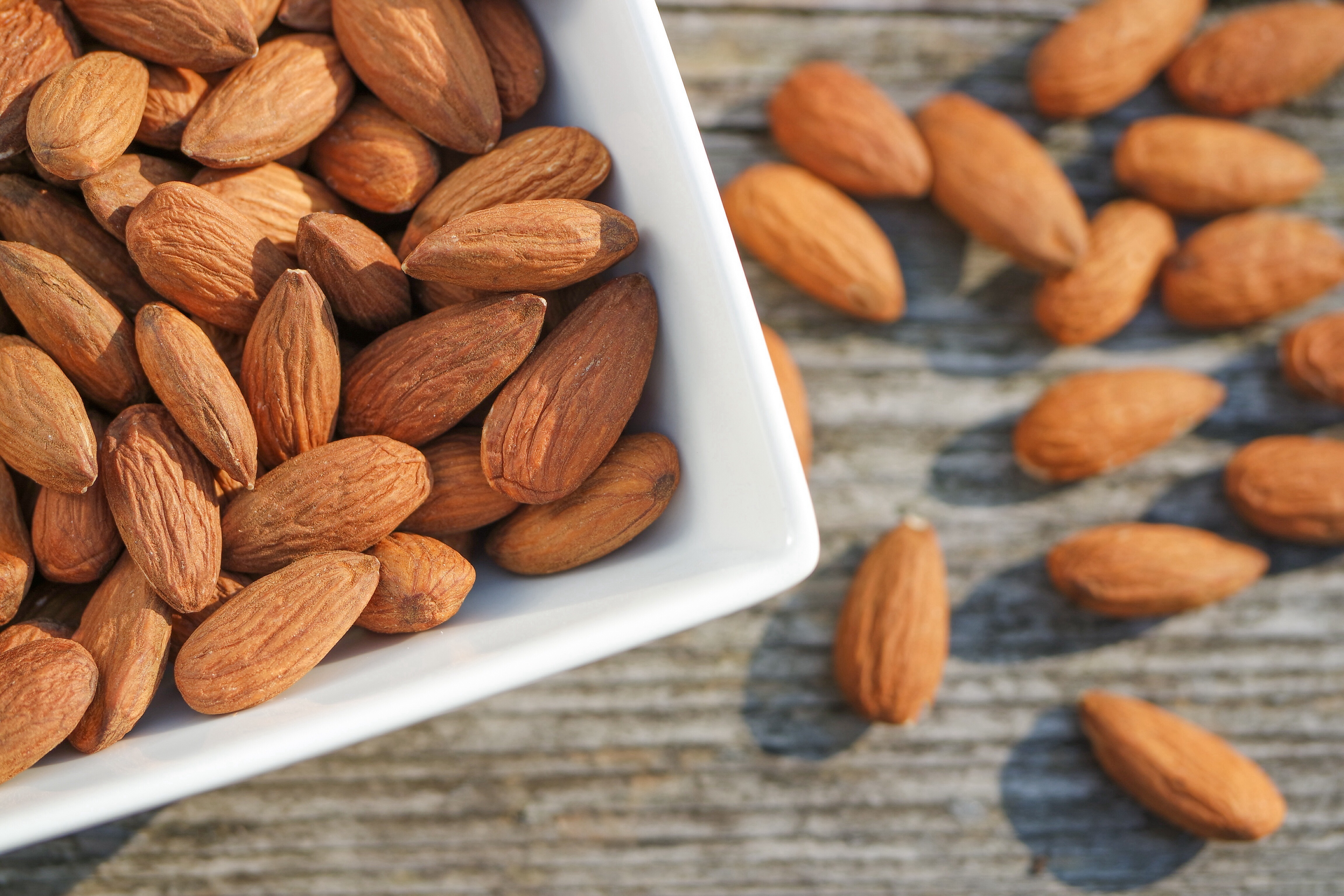
Nuts and seeds may be small, but they pack a mighty punch when it comes to anti-inflammatory benefits. Varieties such as almonds, walnuts, flaxseeds, and chia seeds are rich in healthy fats, protein, and fiber, making them an excellent addition to any diet focused on reducing inflammation and promoting health. The omega-3 fatty acids found in walnuts and flaxseeds are particularly beneficial for reducing inflammation. These essential fats have been shown to decrease the production of inflammatory markers and support heart health. Additionally, the antioxidants and polyphenols present in nuts and seeds help to combat oxidative stress and protect cells from damage. Incorporating nuts and seeds into the diet can be as simple as adding them to salads, smoothies, or yogurt. They can also be enjoyed as a healthy snack or used in baking and cooking. The versatility and nutrient density of nuts and seeds make them an ideal choice for those looking to enhance their diet with anti-inflammatory superfoods. As we explore the world of natural healing, these small but mighty foods prove their worth as powerful allies in the quest for health and wellness.
6. Omega-3 Rich Fish - The Heart's Best Friend
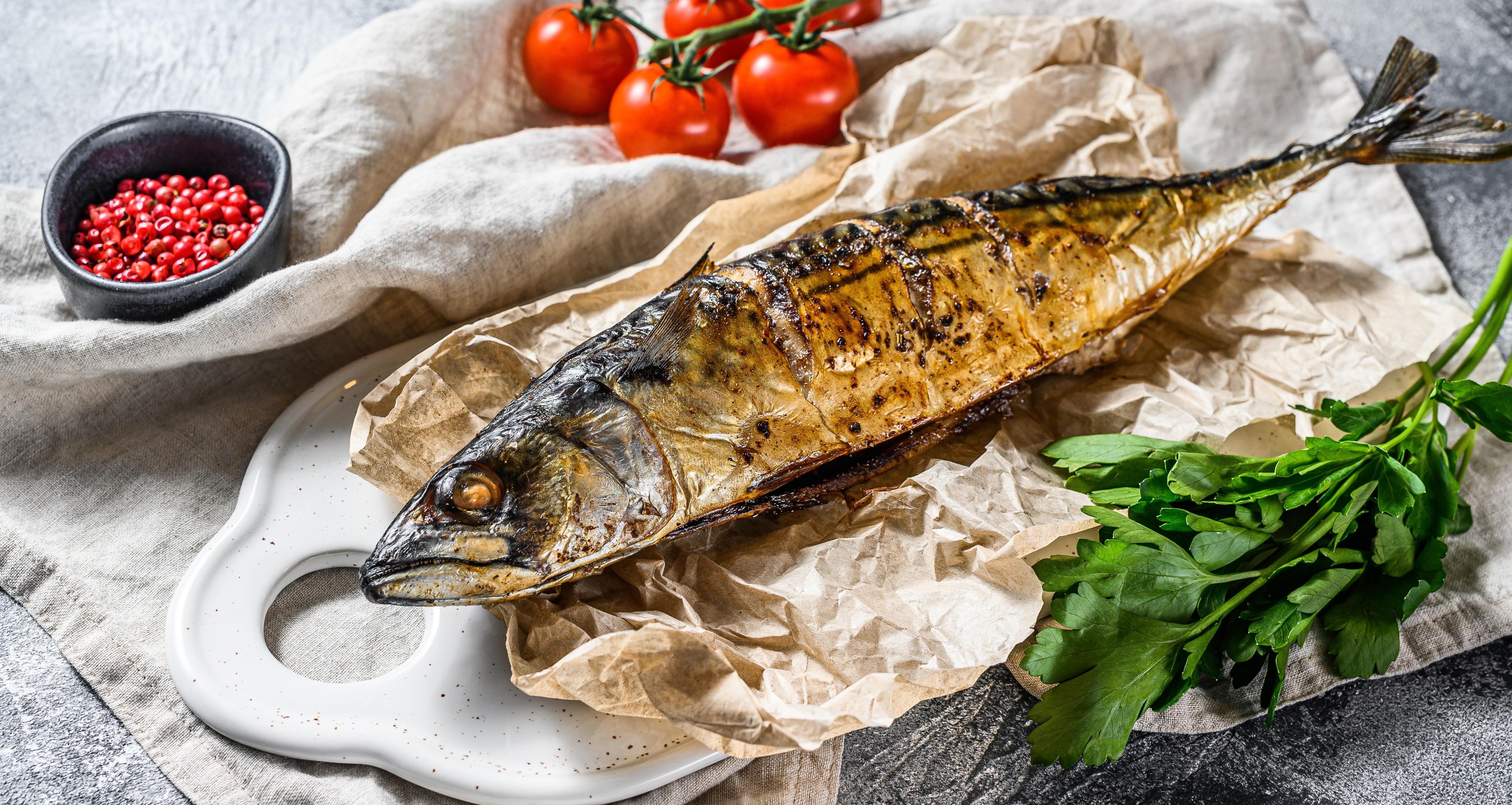
Omega-3 rich fish, such as salmon, mackerel, and sardines, are renowned for their heart-healthy benefits and anti-inflammatory properties. These fatty fish are excellent sources of eicosapentaenoic acid (EPA) and docosahexaenoic acid (DHA), two types of omega-3 fatty acids that play a crucial role in reducing inflammation and supporting cardiovascular health. The anti-inflammatory effects of omega-3s are well-documented, with studies showing that they can lower levels of inflammatory markers and reduce the risk of chronic diseases, such as heart disease and arthritis. Omega-3s also support brain health, improving cognitive function and reducing the risk of neurodegenerative diseases. Incorporating omega-3 rich fish into the diet can be done by consuming at least two servings per week. Grilling, baking, or poaching are healthy cooking methods that preserve the beneficial fats and nutrients in the fish. For those who do not consume fish, omega-3 supplements derived from algae are a viable alternative. As we continue our exploration of superfoods, omega-3 rich fish stand out as a vital component of an anti-inflammatory diet, promoting heart health and overall well-being.
7. Green Tea - The Ancient Elixir

Green tea, often referred to as the "ancient elixir," has been celebrated for its health benefits for centuries. Rich in polyphenols, particularly catechins like epigallocatechin gallate (EGCG), green tea exhibits powerful anti-inflammatory and antioxidant properties that support overall health and well-being. The anti-inflammatory effects of green tea are attributed to its ability to inhibit the production of inflammatory cytokines and reduce oxidative stress. Studies have shown that regular consumption of green tea can lower the risk of chronic diseases, such as heart disease, diabetes, and certain cancers. Additionally, green tea supports brain health by improving cognitive function and reducing the risk of neurodegenerative diseases. Incorporating green tea into the daily routine can be as simple as brewing a cup of tea or using matcha powder in smoothies and recipes. The versatility and accessibility of green tea make it an ideal addition to any anti-inflammatory diet, providing a refreshing and health-promoting beverage. As we explore the world of superfoods, green tea stands out as a timeless and potent ally in the quest for natural healing and wellness.
8. Garlic - The Pungent Protector
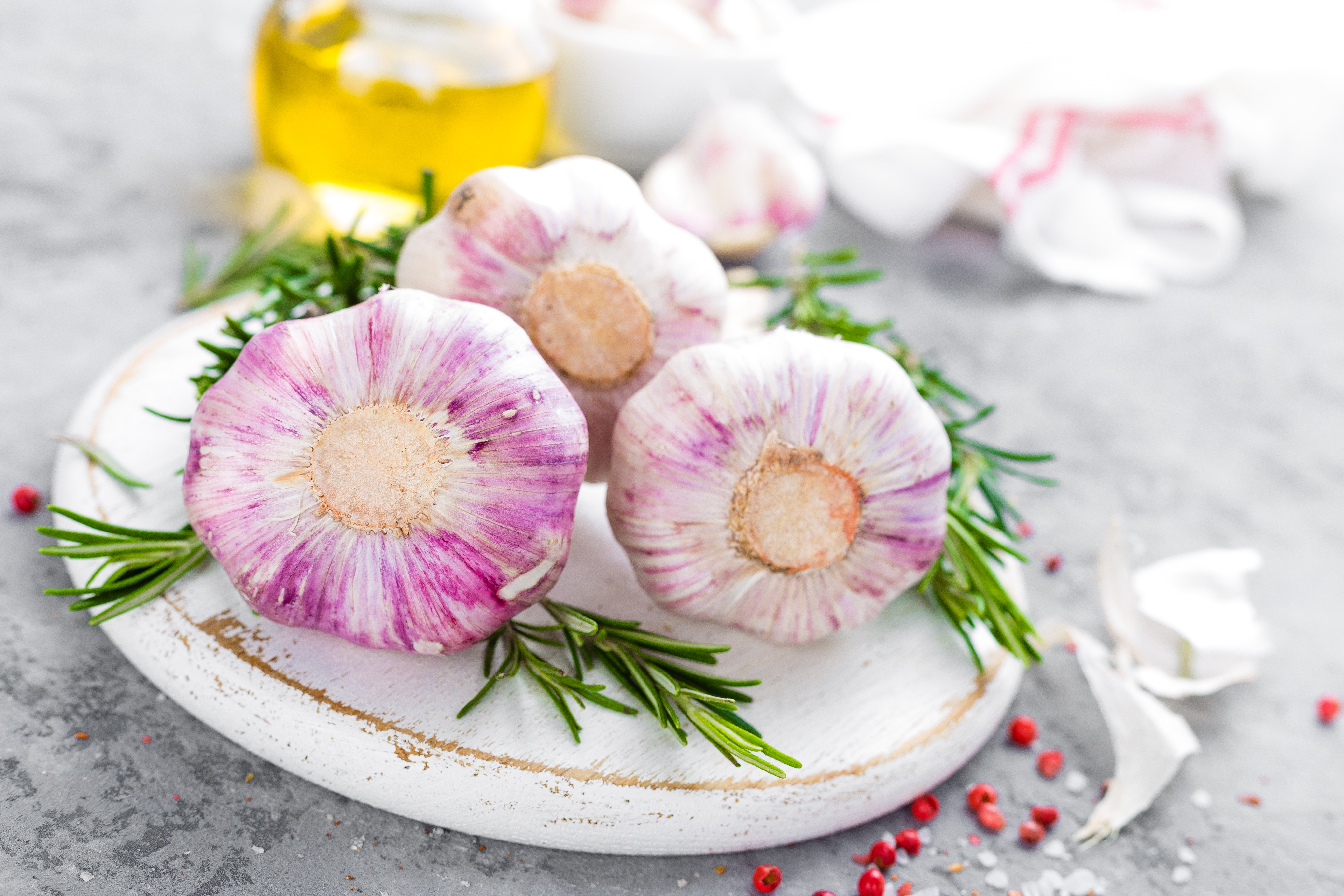
Garlic, known for its pungent aroma and flavor, is a powerful superfood with impressive anti-inflammatory and immune-boosting properties. The active compound in garlic, allicin, is responsible for its health benefits, including its ability to reduce inflammation and support cardiovascular health. The anti-inflammatory effects of garlic are due to its ability to inhibit the production of pro-inflammatory cytokines and reduce oxidative stress. Studies have shown that regular consumption of garlic can lower blood pressure, improve cholesterol levels, and reduce the risk of heart disease. Additionally, garlic supports immune function, helping the body to fend off infections and illnesses. Incorporating garlic into the diet can be done by adding it to a variety of dishes, from soups and stews to sauces and marinades. The versatility and potent health benefits of garlic make it an essential component of any anti-inflammatory diet. As we continue our exploration of superfoods, garlic proves its worth as a pungent protector, offering a natural and flavorful way to support health and wellness.
9. Olive Oil - Liquid Gold
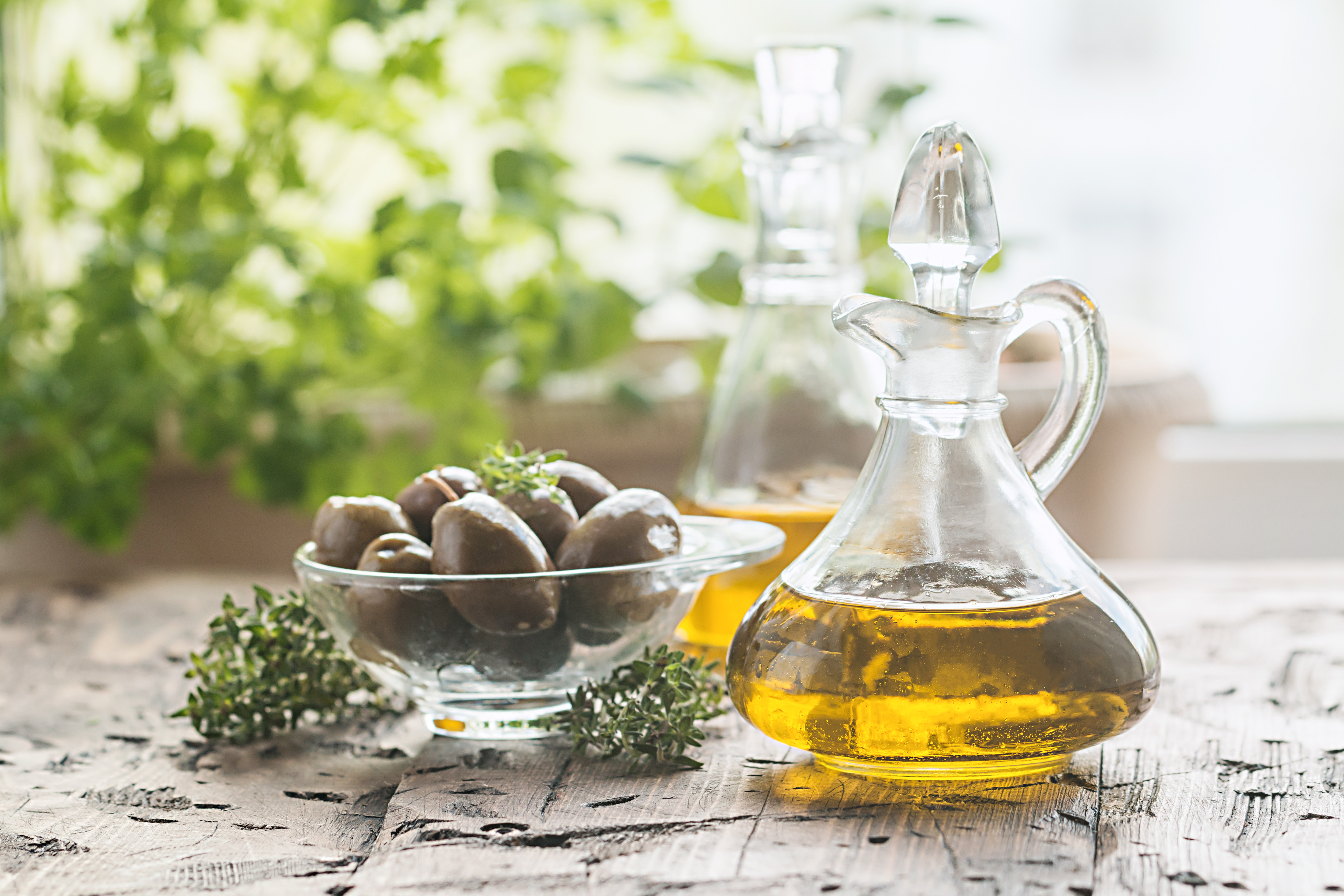
Olive oil, often referred to as "liquid gold," is a staple of the Mediterranean diet and renowned for its anti-inflammatory and heart-healthy properties. Rich in monounsaturated fats and polyphenols, olive oil supports cardiovascular health and reduces inflammation throughout the body. The anti-inflammatory effects of olive oil are primarily attributed to its high content of oleic acid and antioxidants, such as oleocanthal. These compounds work together to inhibit the production of inflammatory markers and protect cells from oxidative damage. Studies have shown that regular consumption of olive oil can lower the risk of chronic diseases, such as heart disease, diabetes, and certain cancers. Incorporating olive oil into the diet can be done by using it as a dressing for salads, a base for cooking, or a drizzle over vegetables and grains. The versatility and health benefits of olive oil make it an ideal addition to any anti-inflammatory diet, providing a delicious and nutritious way to support overall health. As we explore the world of superfoods, olive oil stands out as a liquid gold, offering a timeless and potent ally in the quest for natural healing and wellness.
10. Beets – The Vascular Revitalizer
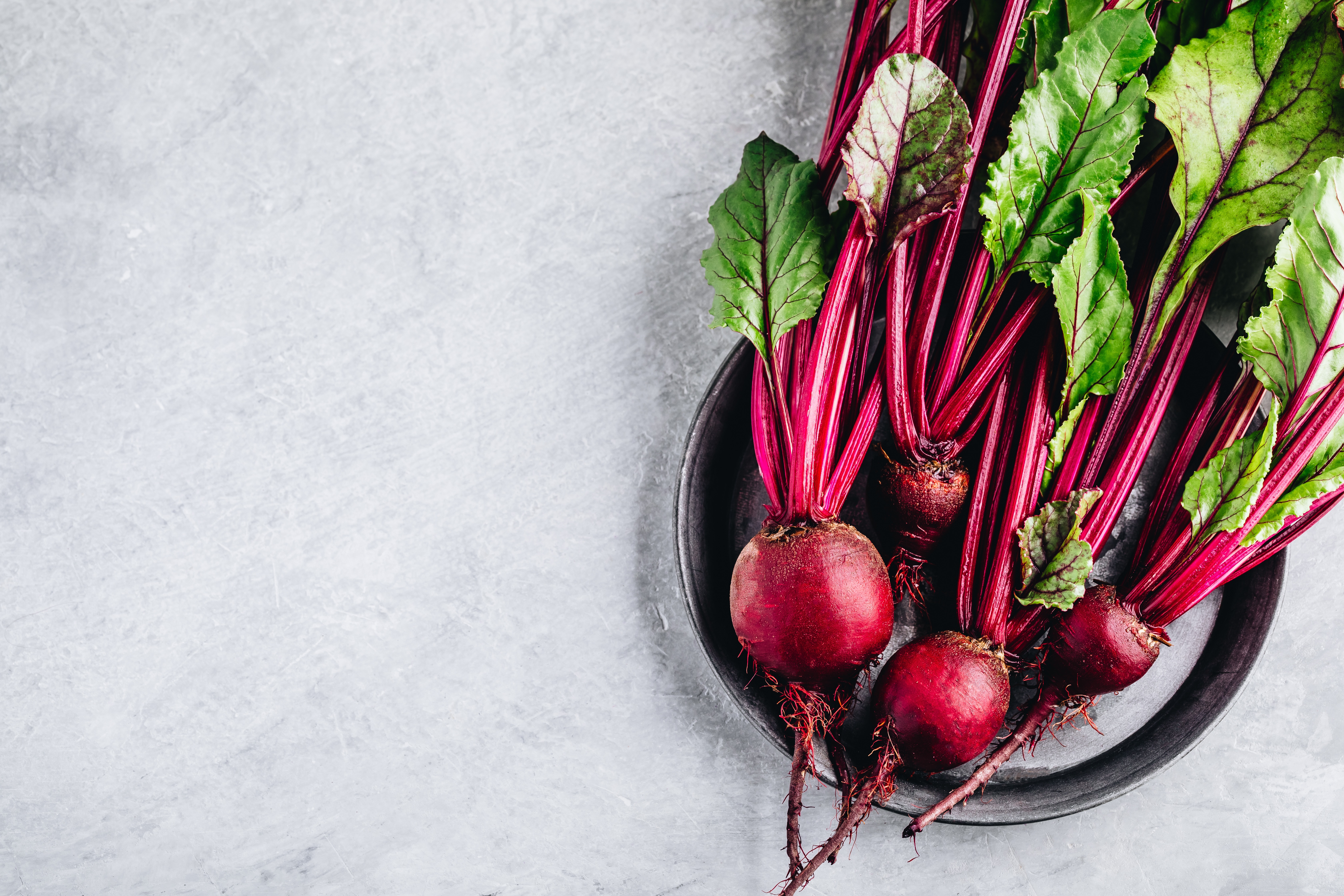
Beets are a vibrant root vegetable celebrated for their anti-inflammatory and detoxifying properties. Rich in betalains—powerful antioxidants with anti-inflammatory effects—beets help combat oxidative stress and support the body’s natural detoxification processes. They are also a natural source of dietary nitrates, which improve blood flow and reduce blood pressure, further alleviating inflammation in the cardiovascular system. Beets contain fiber and folate, both essential for supporting gut health and cellular repair. Their ability to support liver function also aids in filtering out pro-inflammatory compounds from the body. Whether roasted, juiced, or grated raw into salads, beets offer a versatile and nutrient-dense way to reduce systemic inflammation and enhance vitality.
11. Pineapple – The Tropical Inflammation Fighter

Pineapple is more than just a refreshing tropical fruit—it’s a potent anti-inflammatory food thanks to bromelain, a natural enzyme with powerful pain-relieving and inflammation-reducing effects. Bromelain has been shown to modulate immune responses and reduce swelling, particularly in conditions like sinusitis, arthritis, and post-surgical inflammation. In addition to bromelain, pineapple is rich in vitamin C and manganese, both of which support immune function and tissue repair. Its sweet-tart flavor makes it a perfect addition to smoothies, salsas, or grilled dishes. As part of an anti-inflammatory diet, pineapple delivers both vibrant flavor and therapeutic benefit, making it a natural remedy that satisfies both palate and purpose.
12. Avocado – Creamy Inflammation Soother
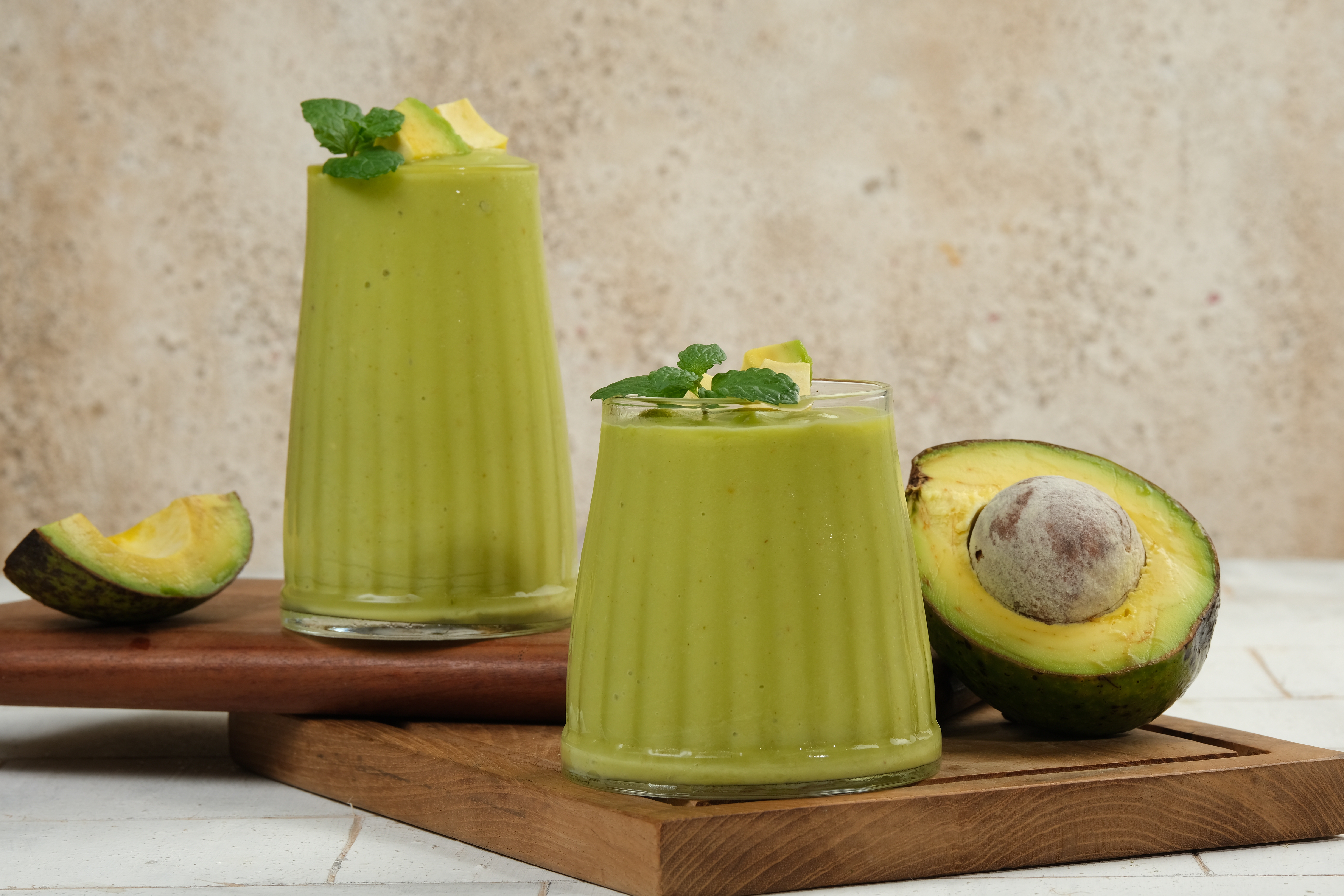
Avocado is a unique fruit packed with heart-healthy monounsaturated fats, fiber, potassium, and powerful antioxidants like carotenoids (lutein and zeaxanthin). These components work together to combat inflammation. The healthy fats help lower LDL cholesterol and reduce systemic inflammation, while the antioxidants protect cells from oxidative stress. Avocado's creamy texture makes it incredibly versatile – add it to salads, smoothies, toast, or use it as a base for dips to easily incorporate its inflammation-soothing benefits into your diet.
13. Broccoli & Cruciferous Vegetables – Sulforaphane Power
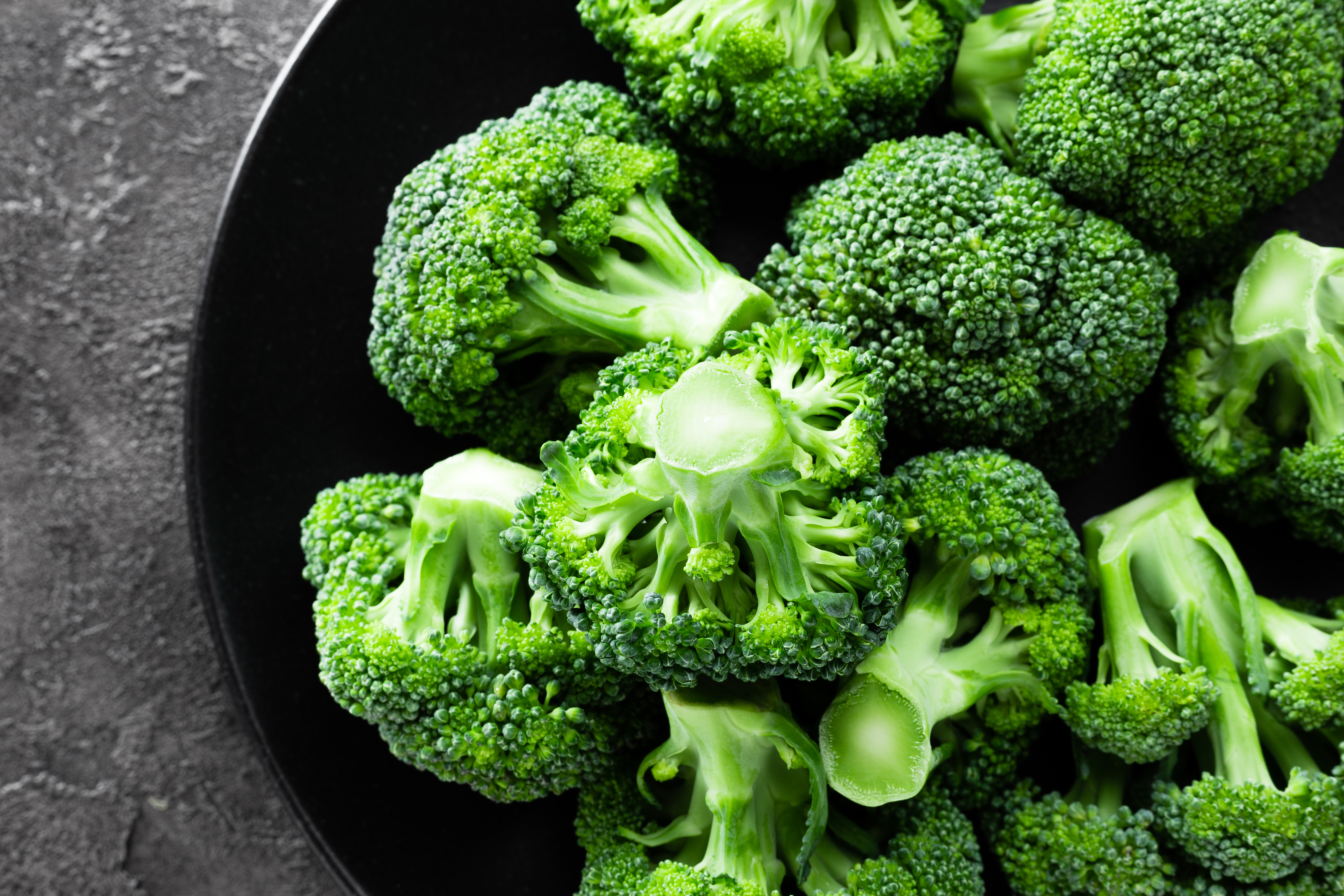
Broccoli, along with its cruciferous cousins like kale, cauliflower, and Brussels sprouts, contains a potent compound called sulforaphane. This natural powerhouse activates antioxidant pathways and detoxification enzymes in the body, helping to neutralize harmful free radicals and significantly reduce inflammatory markers. Regular consumption of these vegetables is linked to lower risks of chronic diseases driven by inflammation. Steam, roast, or stir-fry broccoli lightly to maximize its sulforaphane content and harness its impressive anti-inflammatory capabilities.
14. Tomatoes – Lycopene Champions
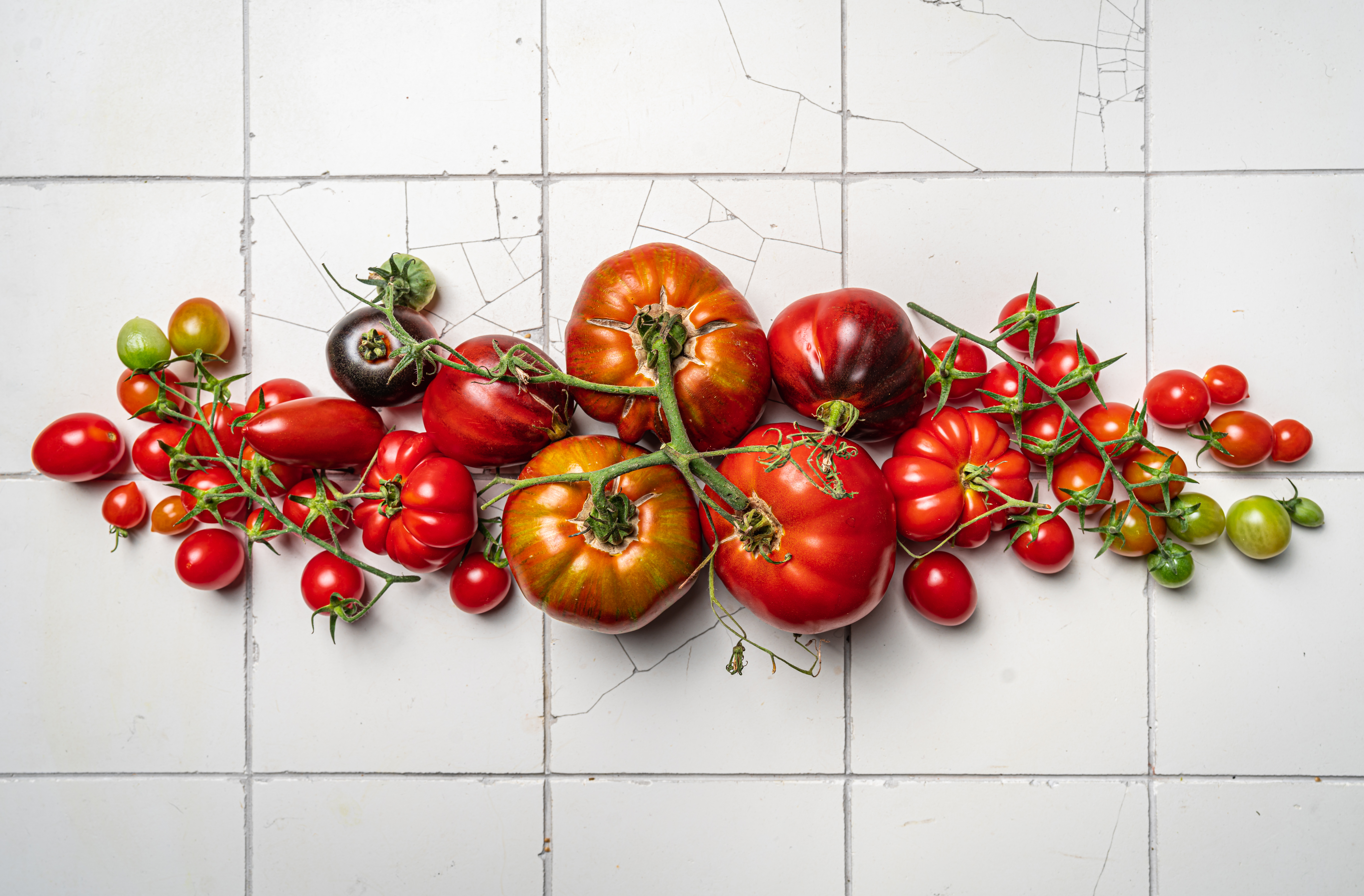
Especially potent when cooked, tomatoes are bursting with lycopene, a powerful antioxidant responsible for their red colour. Lycopene is renowned for its ability to combat oxidative stress, a key driver of chronic inflammation. Studies link lycopene consumption to reduced levels of inflammatory markers and a lower risk of heart disease and certain cancers. Cooking tomatoes, such as in sauces or stews, actually increases the bioavailability of lycopene, making this versatile fruit (yes, it's a fruit!) an easy and effective addition to an anti-inflammatory diet.
15. Tart Cherries – Joint & Muscle Relief

While all berries offer benefits, tart cherries stand out for their exceptionally high concentration of anthocyanins, specific antioxidants linked to reducing inflammation and muscle soreness. Research suggests tart cherry juice or extract can significantly lower inflammatory markers, alleviate symptoms of arthritis and gout, and aid in muscle recovery after intense exercise. Consuming tart cherries, whether fresh, frozen, dried, or as juice (unsweetened), offers a targeted natural approach to managing pain and inflammation, particularly for active individuals or those with joint issues.
16. Mushrooms (Functional Varieties) – Immune Modulators
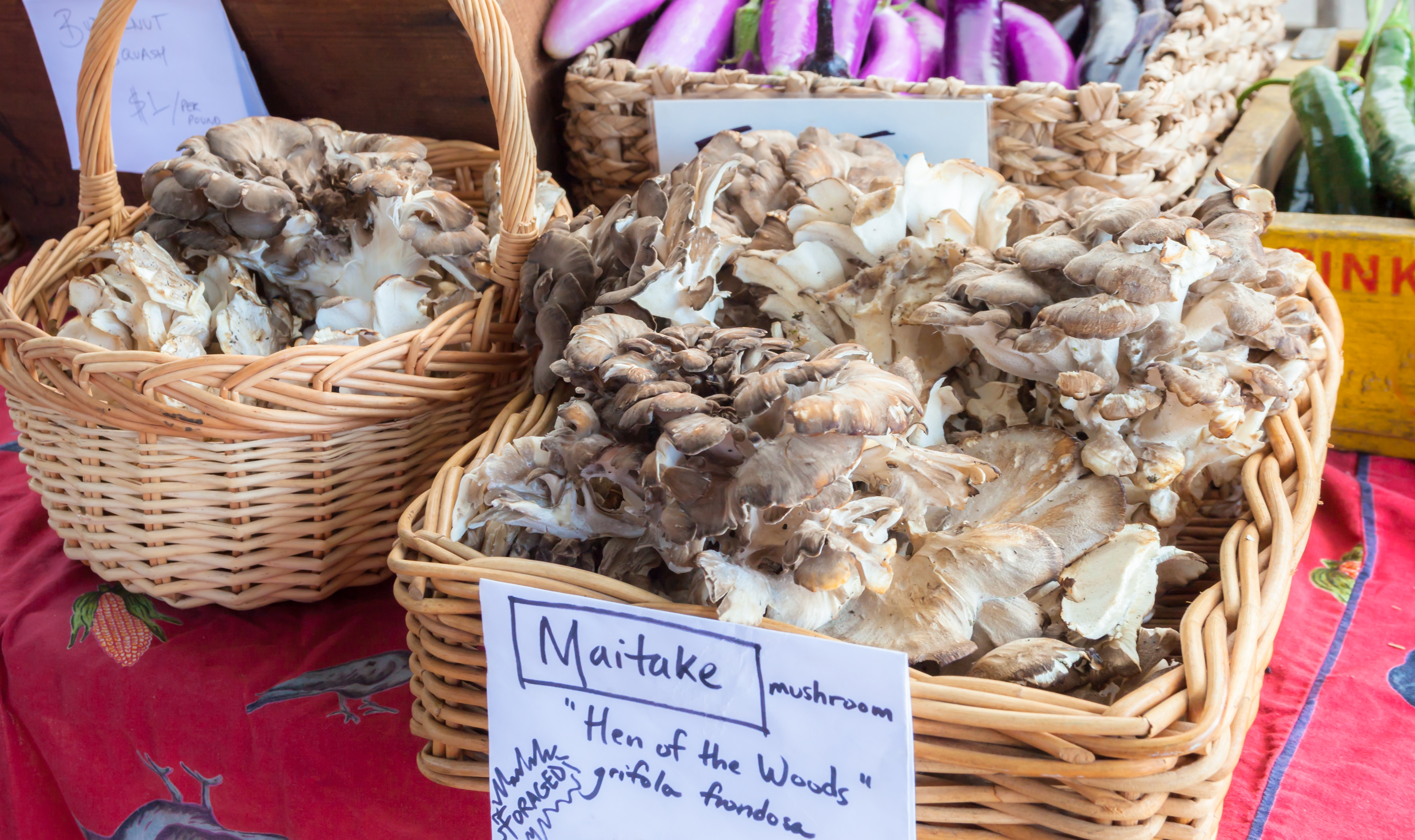
Certain mushrooms, particularly varieties like Shiitake, Reishi, Maitake, and Lion's Mane, contain unique polysaccharides called beta-glucans. These compounds are known for their immunomodulating effects – meaning they help balance the immune system, preventing excessive inflammation while still supporting healthy immune responses. They essentially train your immune cells to react appropriately. Incorporating these functional mushrooms into soups, stir-fries, or taking them as supplements (after consulting a professional) can offer profound anti-inflammatory and immune-supportive benefits beyond basic nutrition.
17. Dark Chocolate & Cacao (70%+) – Flavanol Fighters

Indulge wisely! High-quality dark chocolate and raw cacao are rich in flavanols, potent antioxidants with significant anti-inflammatory effects. These compounds help improve blood flow by increasing nitric oxide production (relaxing blood vessels), lower blood pressure, and protect cells from oxidative damage. Studies link regular consumption of flavanol-rich dark chocolate to reduced markers of inflammation. Choose varieties with at least 70% cacao content and minimal sugar to maximize the health benefits and enjoy this delicious route to fighting inflammation.
18. Whole Grains (Oats, Quinoa) – Fiber Fuel for Gut Health
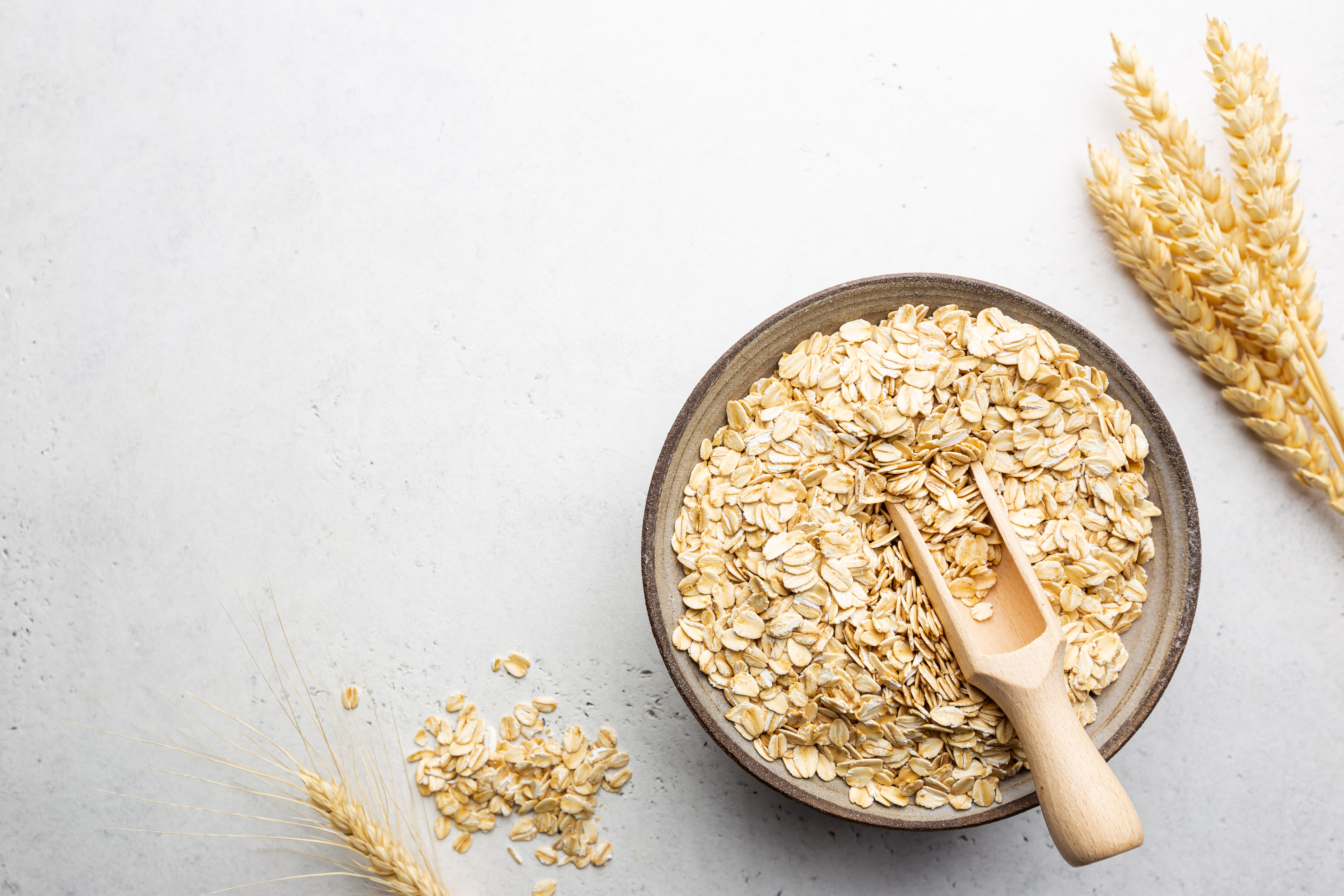
Intact whole grains like oats, quinoa, brown rice, and barley play a vital role in reducing inflammation, primarily through their high fiber content. This fiber acts as a prebiotic, feeding beneficial gut bacteria. These microbes, in turn, produce short-chain fatty acids (SCFAs) like butyrate, which have powerful anti-inflammatory effects throughout the body, including strengthening the gut lining. Choosing whole grains over refined grains helps regulate blood sugar and provides sustained energy, further combating inflammatory processes linked to metabolic issues.
19. Beans & Legumes – Plant-Powered Inflammation Relief
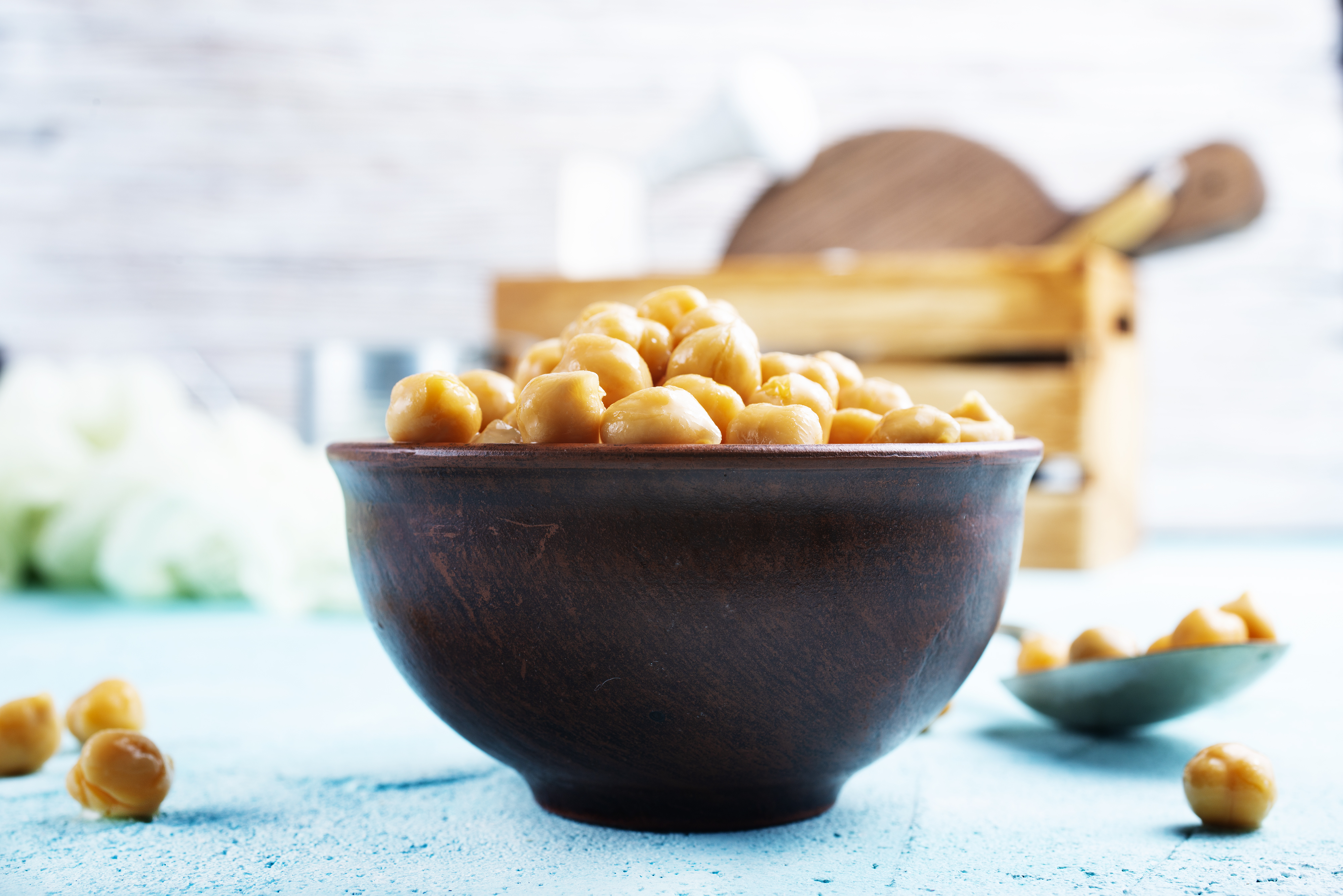
Beans, lentils, chickpeas, and other legumes are nutritional powerhouses packed with anti-inflammatory fiber, antioxidants, and plant-based protein. Their high fiber content supports a healthy gut microbiome, crucial for regulating inflammation. Additionally, legumes contain numerous phytonutrients and minerals that combat oxidative stress. Regularly incorporating beans and legumes into soups, salads, stews, and side dishes provides a cost-effective and sustainable way to lower inflammatory markers and support overall cardiovascular and metabolic health.
20. Cinnamon – The Warming Spice That Cools Inflammation
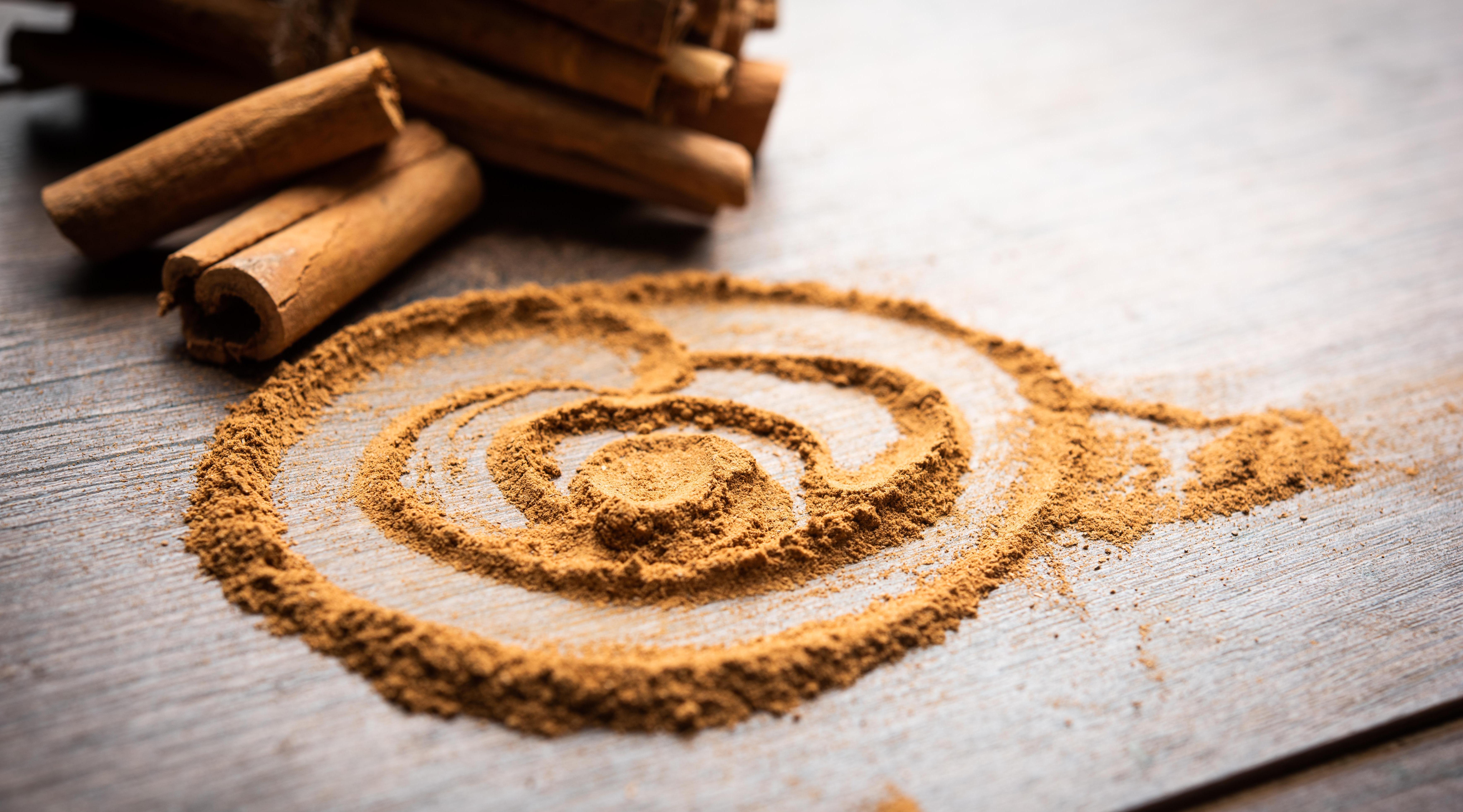
This beloved spice offers more than just comforting flavour. Cinnamon contains potent compounds like cinnamaldehyde, which exhibit significant antioxidant and anti-inflammatory properties. Research suggests cinnamon can help lower inflammatory markers, improve insulin sensitivity (important as poor blood sugar control fuels inflammation), and support cardiovascular health. Adding cinnamon to your oatmeal, coffee, smoothies, or savoury dishes is an easy way to incorporate its health-promoting benefits and add warmth and complexity to your meals.
21. Bell Peppers (Especially Red) – Vitamin C & Quercetin Boost
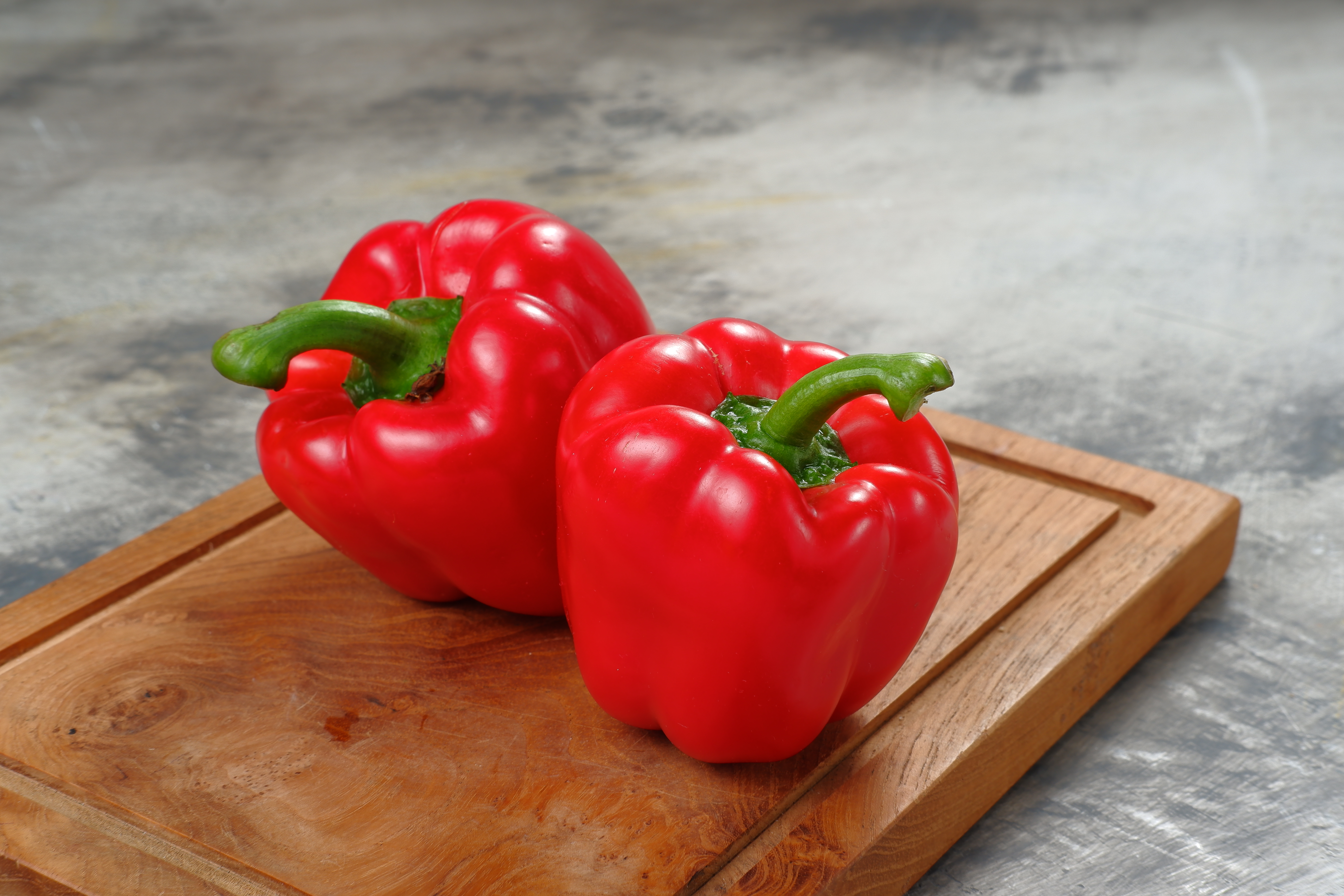
Vibrant bell peppers, particularly the red variety, are loaded with antioxidants that fight inflammation. They are an exceptional source of Vitamin C, a crucial antioxidant that supports immune function and protects cells from damage. Red bell peppers also contain quercetin, a flavonoid known for its anti-inflammatory and antihistamine effects. Enjoy them raw in salads or with dips, or roast them to bring out their natural sweetness – either way, they provide a colourful and effective boost to your anti-inflammatory arsenal.
Embracing a Superfood-Powered Lifestyle

The journey to wellness is a personal one, and embracing a superfood-powered lifestyle is a step towards a healthier, more vibrant life. By prioritizing whole, unprocessed foods and focusing on nutrient-rich superfoods, we can reduce our reliance on synthetic medications and embrace a more natural approach to health. This shift not only benefits our bodies but also our minds and spirits, fostering a deeper connection to the food we eat and the world around us. As we continue to explore the world of natural healing, let us remember the wisdom of using food as medicine and the profound impact it can have on our health and well-being. By embracing the power of superfoods, we can embark on a journey towards a healthier, more balanced life, empowered by the healing potential of nature's bounty.